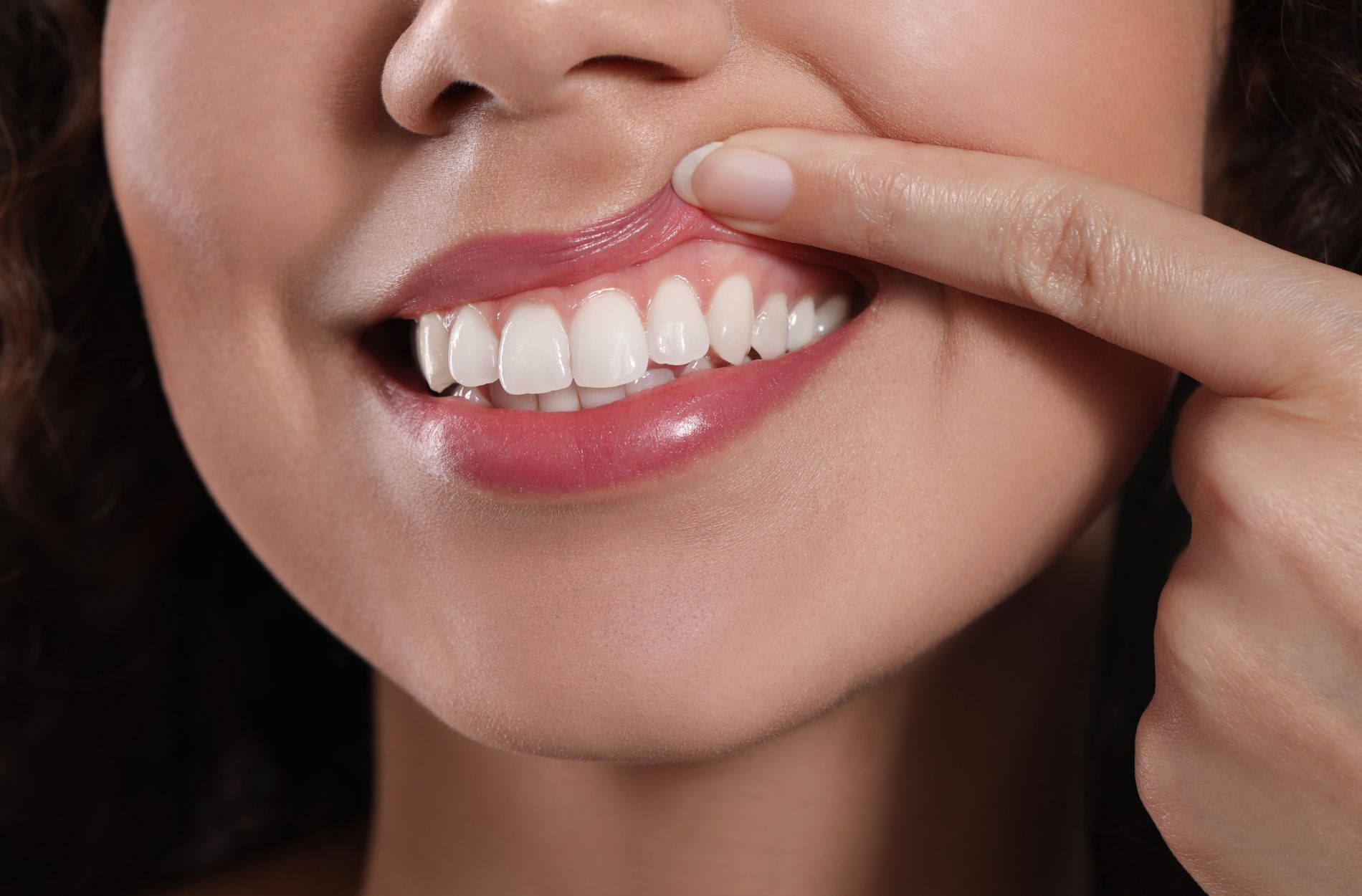Common Dental Problems and How to Prevent Them Effectively
Dental problems can sneak up on us, turning a simple day into a tale of aches and discomfort. From small cavities to more serious gum diseases, these issues affect not just how you eat but also your overall well-being. Understanding these common problems is a crucial step toward keeping them at bay.
Many people experience tooth sensitivity, cavities, or bleeding gums at some point. Such problems can disrupt daily life, causing pain or affecting your ability to enjoy food. Even beyond discomfort, untreated dental issues can lead to more serious health concerns, emphasizing the need for preventative care.
Taking care of your teeth and gums goes a long way. With the right knowledge and habits, most dental problems can be prevented. Simple changes in daily routines and regular dental checkups make a big difference in your health. Let’s explore how keeping your mouth healthy can lead to a happier, healthier life.
Understanding Common Dental Problems
Several dental issues are frequently encountered by both children and adults. Cavities, also known as tooth decay, are a widespread problem. They form when the bacteria in your mouth convert sugars from food into acid, which then erodes the tooth enamel, creating tiny holes. If left untreated, cavities can lead to pain, infections, and even tooth loss, making early detection and treatment important.
Gum disease, another common issue, affects the tissues surrounding the teeth. It begins with gingivitis, where gums become red and swollen, often bleeding when brushing. If not managed, it can progress to periodontitis, where the inner layer of the gums pulls away from the teeth, forming pockets that can become infected. Severe periodontal disease can result in the loss of teeth.
Tooth sensitivity is also prevalent. It typically causes discomfort or pain when consuming hot, cold, sweet, or acidic foods and drinks. This sensitivity often stems from exposed dentin or enamel wear, which is particularly common in people who brush too hard or use a hard-bristled toothbrush.
These dental problems do more than just cause pain. They can impact eating habits, speaking, and even self-esteem. Additionally, poor oral health has been linked to other health issues, such as heart disease and diabetes, showcasing the importance of keeping dental problems under control to maintain overall well-being.
Causes and Risk Factors
Several factors contribute to the development of dental problems. Poor oral hygiene is at the top of the list. Failing to brush and floss properly allows plaque, a sticky film of bacteria, to build up on teeth, leading to decay and gum issues. Ignoring regular dental checkups also increases risk, as early signs of problems are often missed.
Diet plays a crucial role too. Consuming a lot of sugary or acidic foods and drinks can accelerate tooth decay and enamel erosion. Soft drinks, candies, and even sports drinks are notorious for causing harm to your teeth. A lack of essential nutrients in one's diet can further weaken tooth health, making it essential to maintain a balanced diet.
Lifestyle choices, such as smoking and chewing tobacco, significantly increase the risk of gum disease and oral cancer. They reduce the ability of tissues in the mouth to heal, making it easier for infections to take hold. High stress levels can also indirectly affect oral health. Stress may lead to teeth grinding, which wears down enamel and can encourage neglect of daily dental care.
Certain health conditions contribute to higher dental risks. Diabetes, for instance, impacts the ability to fight infections, making gum disease more likely and severe. Pregnant women may also be at risk, as hormonal changes can lead to gum issues. Understanding these risk factors is vital in preventing or managing dental problems effectively. Recognizing how daily habits and underlying health can affect dental health is the first step in achieving a healthy smile.
Effective Preventive Strategies
Keeping your teeth and gums healthy starts with good daily habits. Brushing teeth at least twice a day using fluoride toothpaste is crucial. Remember to brush for two minutes, ensuring you reach all surfaces of the teeth. Flossing once a day is also necessary to clean between the teeth that your brush can’t reach. This prevents plaque build-up and reduces the risk of gum disease.
Using mouthwash can help rinse away particles and bacteria that brushing and flossing might miss. It's a simple step that refreshes your breath and provides extra protection against cavities and gum problems. Regularly replacing your toothbrush every three to four months is important, too, as worn bristles can’t clean effectively.
Visiting your dentist at least twice a year for checkups and professional cleanings is another key part of maintaining good oral health. Dentists can identify early signs of cavities, gum disease, or other dental issues, keeping your mouth in top condition. Professional cleanings help remove tartar that isn’t possible to eliminate with brushing alone.
Diet plays a pivotal role as well. Eating plenty of fruits and vegetables helps clean the mouth naturally and provides essential vitamins and minerals. Reducing sugary snacks and drinks protects teeth from decay. Incorporating foods high in calcium and vitamin D, such as dairy products, helps keep your teeth strong and healthy.
Long-Term Benefits of Preventative Care
Preventing dental problems provides substantial benefits for overall health. When dental issues are avoided, the risk of secondary health complications, like heart disease and diabetes, decreases. Good oral health supports effective chewing and digestion, which is essential for proper nutrition and well-being.
Preventative care is also cost-effective. Addressing dental problems early on is less expensive than treating advanced issues. Avoiding cavities and gum disease reduces the need for more costly procedures, such as fillings, root canals, or even tooth extractions. Maintaining oral health through diligent care saves both time and money in the long run.
By adopting healthy lifestyle habits, people can sustain dental health while avoiding future issues. This includes quitting smoking, limiting alcohol, and managing stress, all of which can impact oral health.
Incorporating these strategies into daily life not only preserves a bright smile but also contributes to a healthier overall lifestyle. This proactive approach ensures that your teeth remain strong and your gums stay healthy for years to come.
Conclusion
Understanding the connection between dental health and overall wellness highlights the importance of maintaining a regular oral hygiene routine. From brushing and flossing with diligence to choosing healthy foods and visiting the dentist, every step contributes to a healthier mouth and body. Treating dental health with care prevents common problems, saves money, and reduces the risk of serious health complications.
At Wow Dental, we are dedicated to helping you master these preventative strategies and achieve excellent oral health. Whether you need advice on proper brushing techniques or professional
Detroit dental care, our team is here to support you. Schedule an appointment with us today to ensure your dental health is on the right track. Let us guide you to a brighter, healthier smile that supports your overall well-being.
Share This Article










